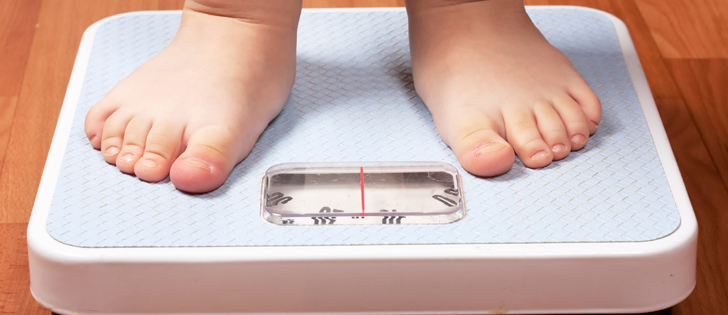Prevention is the First Step
 Obesity is an increasing problem in children. It’s important to begin with educational efforts. This is to encourage parents to teach their children to eat well, exercise, and stay active at an early age. As in adults, there is no quick and easy way for kids to lose weight. Instead, the key is to begin with a healthy lifestyle at an early age. Often times, if eating healthy, staying active and working out is part of an everyday routine in your family, chances are they will follow that healthy lifestyle throughout their lives.
Obesity is an increasing problem in children. It’s important to begin with educational efforts. This is to encourage parents to teach their children to eat well, exercise, and stay active at an early age. As in adults, there is no quick and easy way for kids to lose weight. Instead, the key is to begin with a healthy lifestyle at an early age. Often times, if eating healthy, staying active and working out is part of an everyday routine in your family, chances are they will follow that healthy lifestyle throughout their lives.
Prevention is the first step, especially if your child is at risk of becoming obese. Targeting bad habits or behaviors can help prevent your child’s obesity. These are unhealthy eating habits and lack of physical activity and exercise.
Tips on how to help prevent obesity and help your child lose weight:
Limit the number of calories that your child intakes. Example: Stick to recommended 4-6 ounces of 100% fruit juice for children under age 6 years. Only 8-12 ounces for older children. Have them drink water.
- Limit the amount of milk that younger children drink. Although drinking milk is important and it is a good source of calcium, too much milk can lead to your child becoming overweight. Children usually only need about 16-24 ounces of milk each day.
- Avoid frequent fast food meals.
- Don’t ‘Super Size’ your child’s meals.
- Don’t force younger children to ‘clean their plates.’ It’s important to teach children stop eating when they are full.
Encourage regular exercise and physical activity in your children’s every day life. This may include going on family walks, playing outside, riding bikes, or participating in organized sports, like soccer and baseball.
- Limit inactivity by setting strict limits on watching television and playing computer and video games.
- Avoid having them eat while watching TV. Instead, have meals to the dinner table only.
- Don’t put too much focus on what your child eats. Remember not to restrict calories, BUT instead offer a healthy diet. Three healthy meals (don’t skip meals, especially breakfast). A few healthy snacks occasionally are allowed. DO NOT talk to your child about calories, fat and dieting. It can actually cause more harm than good.
- Learn what your child is eating and where his calories are coming from.
It is very important to be a good role model for your children by eating a healthy diet and exercising regularly. Keep in mind that a healthy diet is usually low in saturated fat (<10% of calories) and cholesterol (<300 mg/d) and moderate in total fat (<30%–35% calories).


